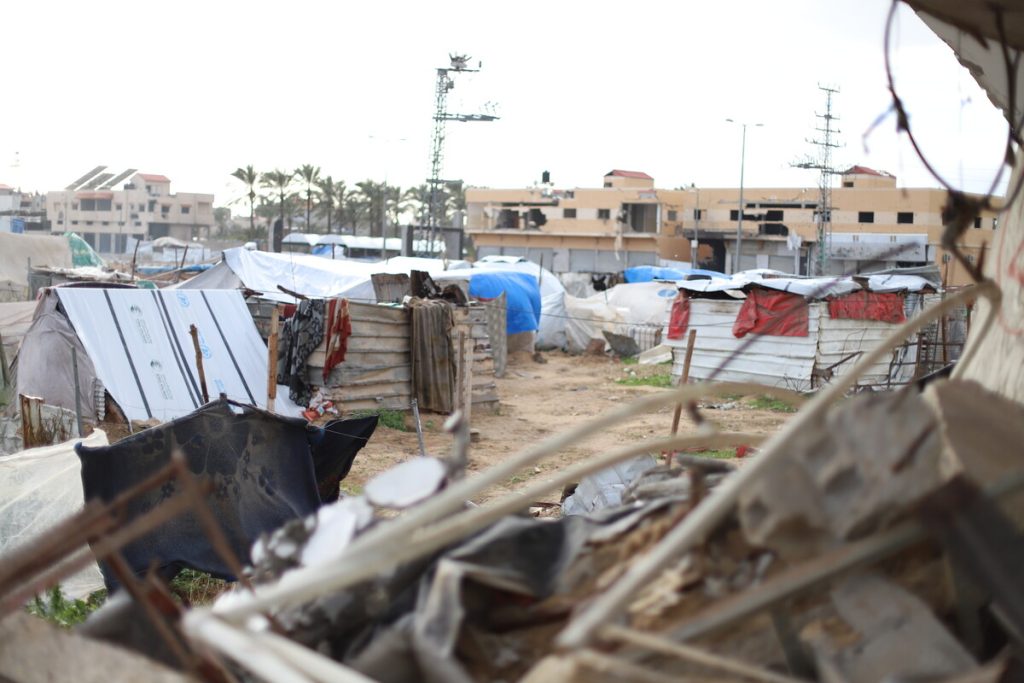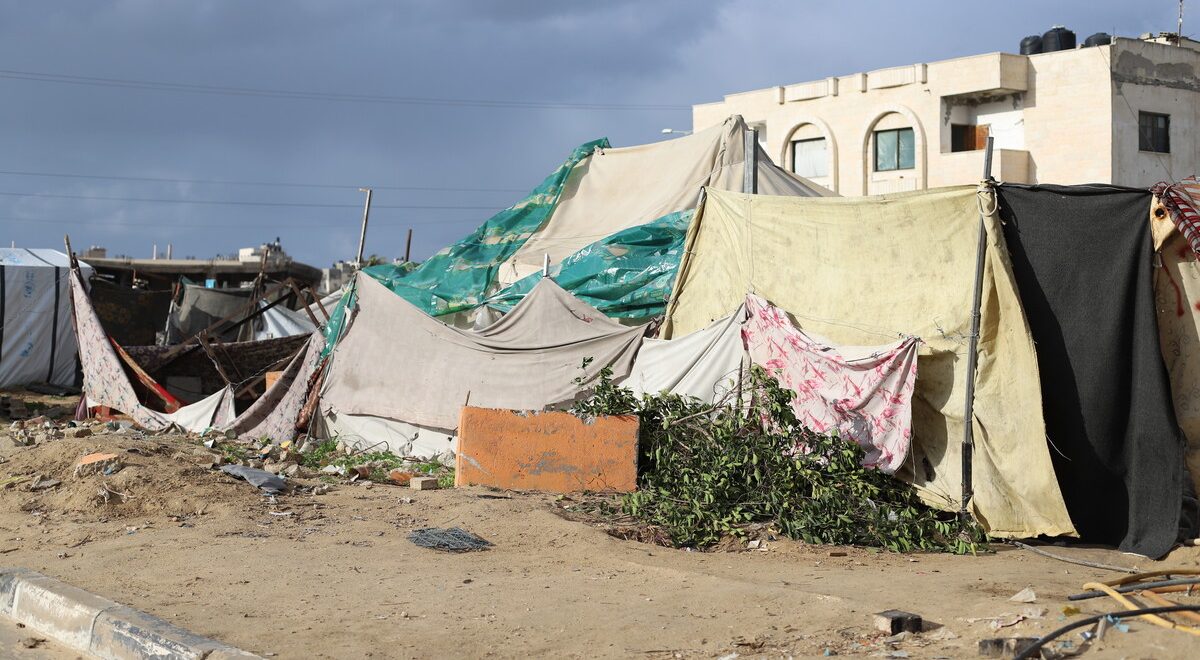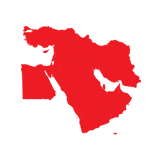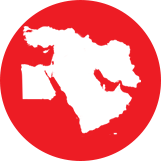Amid what the Palestinian Shelter Clusters calls a critical shortage of adequate shelter materials, multiple families are being forced to share a single tent, while others are seeking refuge in damaged buildings, exposing them to the danger of unexploded ordnance. The Israeli authorities have not yet permitted the entry of mobile homes into Gaza, according to reports, despite this being a requirement of the ceasefire agreement.
Women and girls are particularly impacted by the lack of safe and private living spaces, which puts them at increased risk of gender-based violence and abuse. The critical humanitarian situation is exacerbated by the harsh winter weather. According to UNRWA, severe storms have destroyed hundreds of tents in the past weeks.
Amjad Al Shawa, director of the Palestinian NGOs Network (PNGO), an umbrella organization of 30 Palestinian NGOs and a partner of ActionAid Palestine, said:
“After hundreds of thousands of people managed to return to their neighborhoods in the north of Gaza strip to Gaza City, they couldn’t manage to recognize their homes, which [were] destroyed. About 90% of the Jabalia and Beit Lahia, Beit Hanoun homes were destroyed and became rubble. And in Gaza City, about 80% of the housing units were destroyed.
“There [is] a huge need for shelter items, such as tents and caravans, in order for people to have somewhere to stay and to protect them from the rain, cold weather and from the wind.”

The scale of destruction to essential infrastructure in Gaza is vast: only 51% of Gaza’s hospitals are operational or partially operational, while 85% of its water and sewage systems have been destroyed, according to the Palestinian Water Agency. Yet vital repair and reconstruction work, including on water and sanitation infrastructure, is being prevented by a lack of materials such as cement, pipes, and spare parts, according to OCHA.
Amjad Al Shawa also said:
“We have very limited capacity to deliver water to families due to the destruction of the water infrastructure, water pipes, water wells and the water desalination plants. The closure of roads makes [it] difficult to reach families who insist [on staying] in their neighborhoods over the rubble of their homes.
“The delay of the Israeli occupation to enter basic materials makes our efforts to shelter people very complicated…We [are continuing] our efforts in order to scale up and to provide shelter to people and to establish medical points in the different sites. [We need] more pressure and advocacy to enter the items needed into Gaza.”
ActionAid’s partners have been supporting displaced people as best they can, including by distributing blankets and plastic sheets for tents in Deir Al Balah and Khan Younis over the last few days, but more items are urgently needed.
Riham Jafari, advocacy and communications coordinator at ActionAid Palestine, said:
“The urgent priority for aid in Gaza right now is tents and other shelter materials, with hundreds of thousands of people crammed into flimsy tents and makeshift shelters – which offer little protection from the winter weather- or sheltering amongst the ruins of bombed-out buildings. Cement, building materials, heavy equipment, and more fuel are also desperately needed to move the rubble and make areas safe and habitable so that urgent work to repair water and sanitation infrastructure, electricity networks, and hospitals can take place.
“We call for the entry of these items to be ramped up immediately so that essential reconstruction work can take place.”
ENDS
For media requests, please email christal.james@actionaid.org or call 7046659743.
About ActionAid
ActionAid is a global federation working with more than 41 million people living in more than 71 of the world’s poorest countries. We want to see a just, fair, and sustainable world, in which everybody enjoys the right to a life of dignity, and freedom from poverty and oppression. We work to achieve social justice and gender equality and to eradicate poverty.


